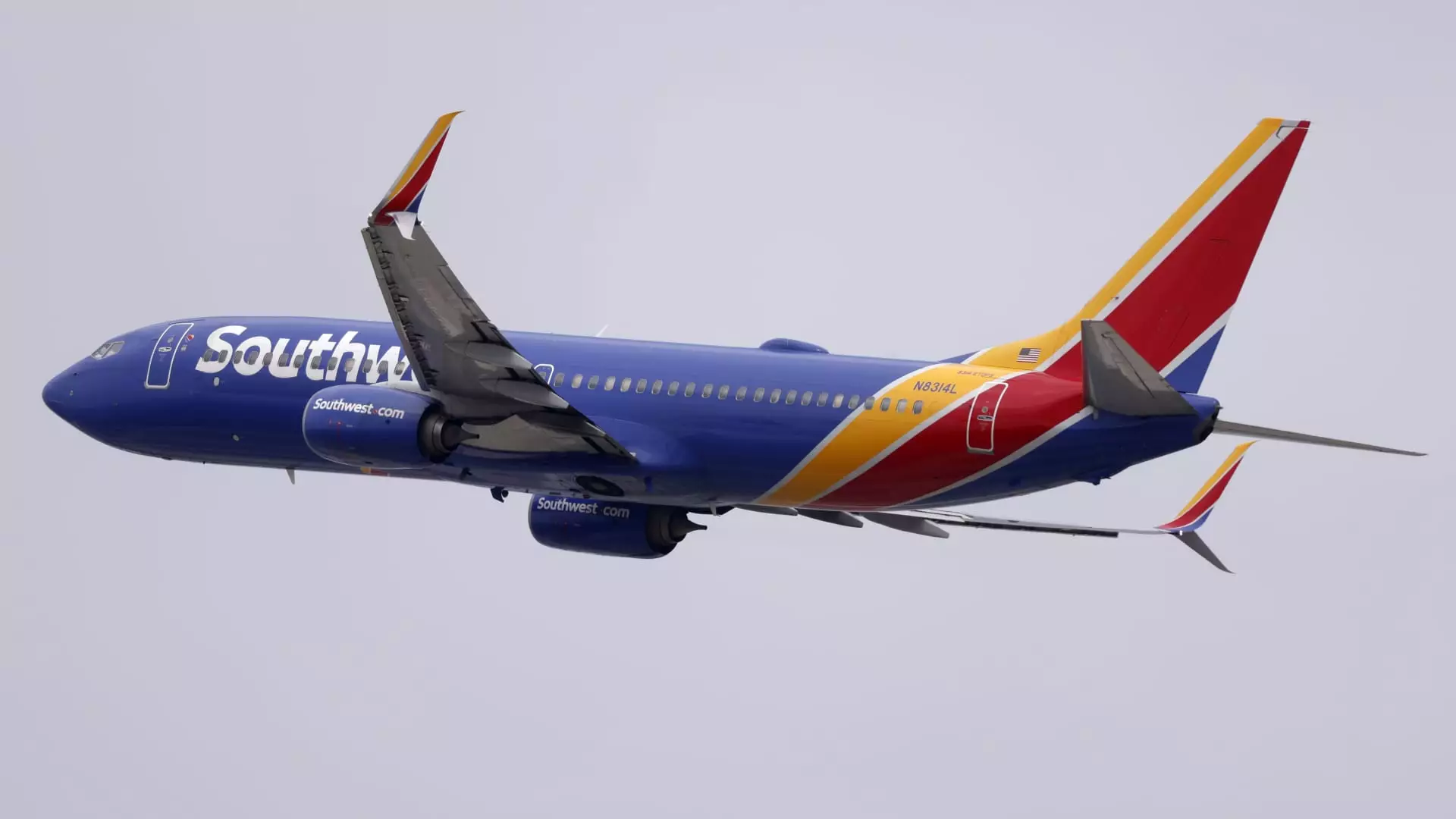The U.S. Department of Transportation (DOT) has recently escalated its focus on airline performance, exemplified by its lawsuit against Southwest Airlines and the hefty fine imposed on Frontier Airlines for chronically delayed flights. This aggressive approach signals a shift toward heightened consumer protections, particularly under the current administration, which has adopted a more stringent regulatory perspective compared to its predecessors. Both actions underscore a growing concern over the impact of operational failures on passenger experiences and force airlines to prioritize punctuality.
According to the DOT’s allegations, Southwest Airlines exhibited troubling patterns of tardiness between April and August 2022. With over 200 delayed flights logged between the routes of Chicago Midway International Airport to Oakland, California, and Baltimore to Cleveland, the DOT identified patterns that it classified as “chronically delayed.” A flight is deemed chronically delayed if it runs late over 30 minutes more than half the time it operates, which compels airlines to confront operational shortcomings. DOT’s legal action suggests that not only did Southwest fail to rectify these persistent delays, but choosing to continue marketing these unreliable schedules significantly undermined customer trust and satisfaction.
In a rebuttal to the lawsuit, Southwest Airlines expressed disappointment, arguing that the DOT’s actions were directed at flights that occurred over two years ago, thereby questioning the relevance and context of the complaint. The airline highlighted its strong operational performance record—claiming to have successfully operated over 20 million flights without similar violations since the DOT instituted its policy on chronic delays in 2009. This defense raises critical questions about the effectiveness and applicability of the DOT’s guidelines, as well as the timelines involved in addressing these discrepancies. While airlines may have historical performance data on their side, the lasting effects of delays weigh heavily on affected passengers who have to cope with unpredictable travel experiences.
The scrutiny directed at airlines by the DOT appears to reflect broader market forces and a push for regulatory reform that prioritizes consumer rights. The circumstance surrounding Southwest and Frontier represents a pivotal moment in airline accountability; this scrutiny not only has implications for the airlines involved but also sets a precedent for future regulatory actions. A significant fine imposed on JetBlue Airways earlier highlights that the government is willing to showcase a vigorous stance against any behaviors leading to inconsistent customer experiences.
The DOT’s legal actions point to the need for enhanced accountability within the airline industry. As airlines face increasing pressure to provide on-time services, the outcomes of these cases may inform clearer standards and expectations for performance that prioritize the traveler’s experience. The traveling public deserves reliable service, and the growing regulatory oversight reflects an important recognition of that fundamental right.


Leave a Reply